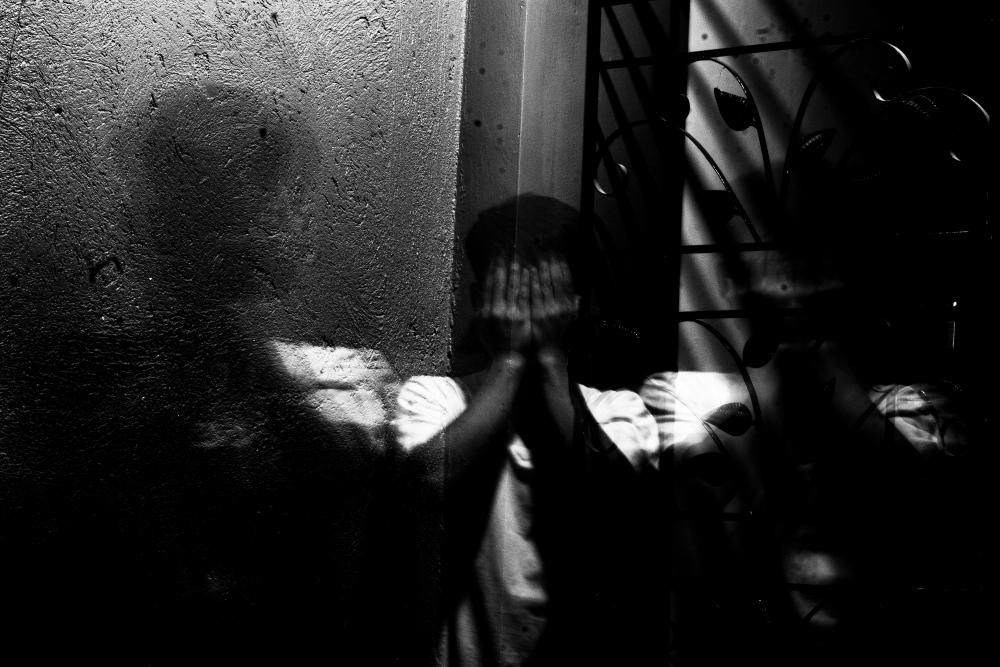PETALING JAYA: Universiti Sains Malaysia Hospital psychiatrist Dr Norzila Zakaria has expressed serious concern over the doubling of mental health cases among children aged five to 15.
“The rate of mental health issues in these children has risen from 7.9%, or 424,000 cases in 2019, to 16.5%, or 922,318 cases, last year. This increase can be attributed to factors such as academic pressure, the inability to keep up with technological advances, social media influence, lack of family time and conflicts caused by poverty and divorce, among others,” she said.
She said given Malaysia’s population of 32 million in 2023, with 9.13 million children under 18 years old, having about a million children facing mental health issues is a grave concern.
Despite various interventions, Norzila noted that the issue has reached an alarming level.
She highlighted the various categories of depression identified among children, including major and persistent depression, bipolar disorder, seasonal affective disorder and psychotic depression.
“Teenagers suffering from depression often lose interest in school activities, including learning, which can lead to significant stress and worsen their depression. This can affect their emotional and mental well-being. If depressive symptoms persist, they can impact physical health and may even lead to self-harm or suicidal behaviour.”
Norzila said about 150 children and adolescents aged between four and 18 have already received treatment for depression at the Child and Adolescent Guidance Unit of the USM Hospital Psychiatric Clinic.
Psychiatrist Dr Azhar Md Zain said depression in children, particularly teenagers, is challenging due to the physical changes in their bodies, overwhelming peer pressure and heightened social anxiety.
“Depression in children is often linked to stress, anxiety and suicide. However, the symptoms in teenagers may differ from those in adults due to the unique social and developmental challenges that adolescents face. Some may try to blend in with their Alpha generation peers, while others may seek to distinguish themselves, potentially leading to rebellious behaviour.”
Azhar also noted that depression has become increasingly common during the transition from adolescence to adulthood.
While girls are generally more concerned with their appearance, boys tend to have a stronger awareness of the need for social interactions as they enter their teenage years.
“Symptoms of depression can be difficult for parents to recognise as they are sometimes mistaken for normal puberty-related changes or typical teenage adjustments. Signs of teen depression include noticeable shifts in attitude and behaviour, which can lead to significant distress and difficulties in areas such as school, home, social activities or other aspects of life.”
Parent Action Group for Education chairman Datin Noor Azimah Abdul Rahim highlighted the importance of equipping teachers with the tools and training needed to address basic mental health issues among students.
“If teachers are not adequately trained to identify mental health issues such as anxiety and depression, and lack the counselling skills to help students overcome their problems – at least in the initial stages – then no matter how good our education syllabus is, it will fail to produce well-rounded and mentally stable students,” she said.









